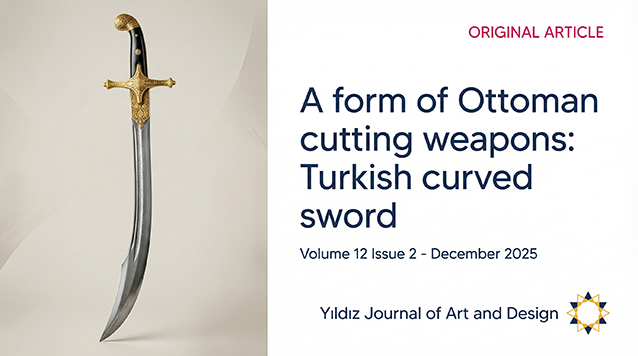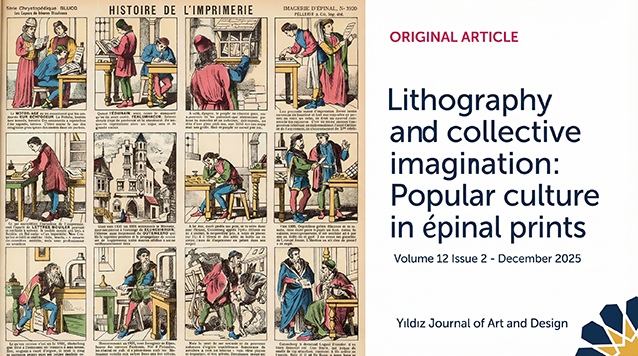Abstract
The absence of father, in most movies emerges as a fundamental motivation when explaining the actions of main character. The absence of father does not only refer to the death of a father but also the existence of a weak father image. The absence of father (or lack of father image) is mainly compensated by a son - son takes the place of deceased father and takes his role. On the other hand, the absence of father as the first representation of power can also be compensated by some other image of authority. This article focuses on the construction of the “Law of the Father” by examining the boy figure (or boys in plural) as the main character(s) and the “child‟s perspective” in the examples of Turkish Independent Films after 2010. According to Jacques Lacan, “Father” is not only a law-maker about the prohibition of incest, he also makes sure the laws of society is transferred to Subject. This study explains how the law of society (Law of the father, in this particular framework) is settled and how it functions in the absence of father for the following films: Sivas (Kaan Müjdeci, 2014), Rauf (BarıĢ Kaya-Soner Caner, 2016), Mavi Bisiklet (Ümit Köreken, 2016) and Kar Korsanlari (Faruk Hafızhacıoğlu, 2016). Furthermore, the position of boys with respect to authority which symbolises Father is tackled through anamorphic reading defined by Slovaj Žižek.
Baba‟nın yokluğu, pek çok filmde ana karakterin eylemlerini gerçekleştirmesinde etkili ve aynı zamanda temel bir motivasyon kaynağı olarak kendini gösterir. Babanın yokluğu bazen babanın ölmüş olmasından kaynaklanırken bazen de baba figürünün güçsüz olması dolayısıyla gerçekleşir. Baba eksiği çoğunlukla oğul tarafından doldurulurken, erkek çocuk ölen babanın yerine yerleşir ve onun rolünü edinir. Diğer yandan iktidarın ailedeki ilk temsilcisi olarak baba figüründeki eksiklik, geniş bir yelpazedeki otorite simgesi ile de kapatılabilir. Bu makalede, ana karakteri/lerini bir erkek çocuğun yada erkek çocukların oluşturduğu ve “çocuk bakış açısı” ile çekilen 2010 sonrası Bağımsız Türkiye Sineması‟ndaki filmlerdeki Baba Yasası‟nın inŞasına odaklanılacaktır. Jacques Lacan‟a göre baba, akrabalık ilişkileri açısından ensest yasağını kurarken aynı zamanda topluluğun yasasının özneye aktarılmasını da sağlar. Çalışmada, örneklemi oluŞturan Sivas (Kaan Müjdeci, 2014), Rauf (BarıŞ Kaya-Soner Caner, 2016), Mavi Bisiklet (Ümit Köreken, 2016) ve Kar Korsanları (Faruk Hafızhacıoğlu, 2016) adlı filmlerde, babanın yokluğunda, toplumsalın yasasının yani Babanın Yasası‟nın nasıl kurulduğu ve işlediği anlatılacaktır. Ayrıca Slavoj Žižek‟in tanımladığı anamorfik bakış açısı ile sembolik baba figürünü temsil eden otoriteyi simgeleyen kurumlar üzerinden filmlerdeki otoriteye karşı erkek çocukların duruşları da saptanacaktır.















